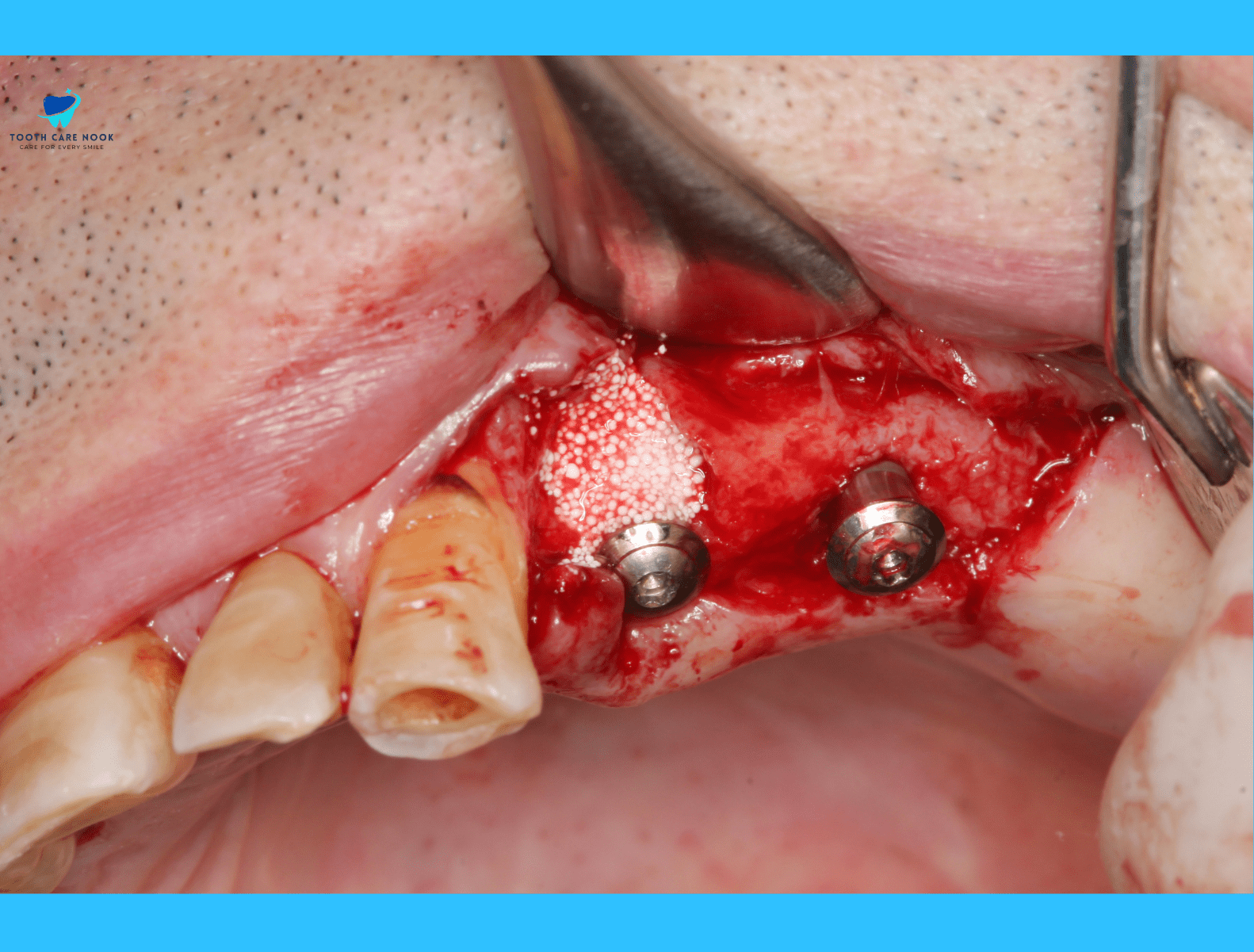Can You Get Dental Implants While on Blood Thinners?
Yes, you can get dental implants while on blood thinners, but it requires careful consideration and coordination with your dentist. Your dentist will assess your medical history, the type of blood thinner you’re taking, and your overall health to determine the safest approach.
Adjustments to your medication regimen can be necessary to minimize bleeding risks during surgery and promote proper healing afterward.
How to Stop Bleeding When on Blood Thinners?
Here’s how to stop bleeding when on blood thinners:
- Use a clean cloth or gauze pad to apply firm pressure to the bleeding area for at least 10 minutes.
- Apply a cold compress or ice pack. It will help constrict blood vessels and reduce bleeding.
- Avoid taking aspirin or other nonsteroidal anti-inflammatory drugs unless advised by your healthcare provider.
- Drink plenty of water to help maintain blood volume and prevent dehydration, which can exacerbate bleeding.
- If bleeding persists or is severe, seek immediate medical attention or contact your healthcare provider.
Should I Tell My Dentist I’m on Blood Thinners?
Yes, you must inform your dentist if you’re taking blood thinners. Your dentist needs to know about any medications you’re taking like blood thinners, to ensure your safety during dental procedures.
Blood thinners can increase bleeding risk during dental treatments, so your dentist can take appropriate precautions to minimize this risk, such as adjusting your treatment plan or coordinating with your healthcare provider.
How Long Do You Need To Be Off Blood Thinners Before Dental Work?
Sometimes dentists recommend a 2-day hold, while in other cases, they may advise a 7-day hold. With various blood thinners, the duration of stopping medication before a dental procedure can vary.
This decision is always based on an individual basis, considering your overall health and medical history, the type of blood thinner you’re taking, and the complexity of the dental procedure.
What Happens If You Get a Blood Clot While on Blood Thinners?
If a blood clot forms while you’re on blood thinners, it is less likely to grow or move on to other areas of the body due to the medication’s anticoagulant effects.
However, it’s a must to seek prompt medical attention since blood thinners cannot eliminate clot formation. Depending on the clot’s size and location, your doctor may recommend additional treatments like clot-dissolving drugs or mechanical interventions to prevent severe complications like stroke or pulmonary embolism.

How Long Does a Blood Clot Take To Dissolve With Blood Thinners?
It takes several weeks to months for blood thinners to effectively dissolve a clot and restore normal blood flow. The exact time it takes for a blood clot to dissolve with blood thinners is based on individual factors such as the size and location of the clot, as well as the type and dosage of the blood thinner medication.

